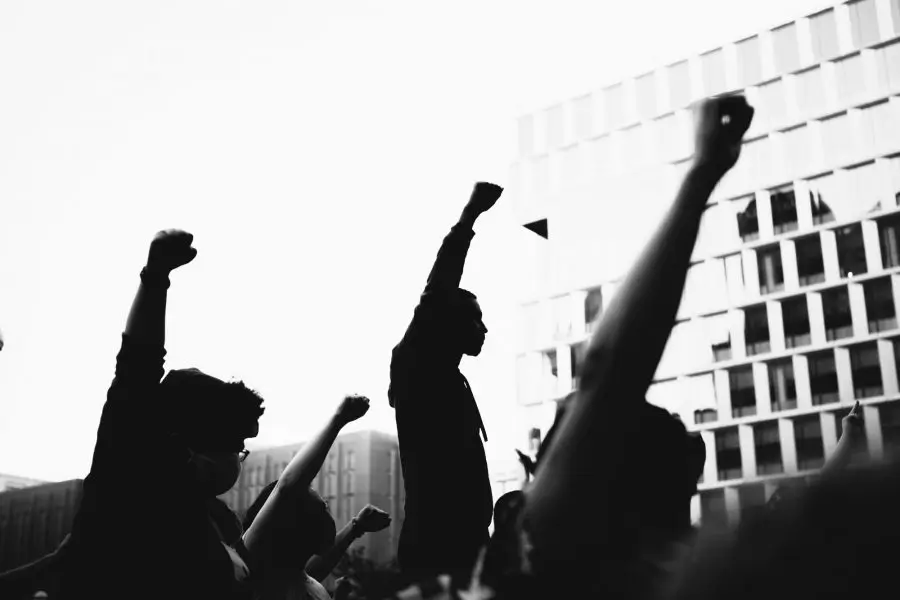The simmering outrage against the controversial Presidential Ordinance reached a boiling point in Kotli city of Pakistan-occupied Jammu & Kashmir (PoJK) on November 21. A peaceful protest led by students escalated into a violent confrontation when Pak police resorted to heavy-handed measures, including firing and shelling. Protesters retaliated, burning two police vehicles near the PWD guest house. The clashes left multiple citizens and police personnel injured.
The ordinance, widely condemned as a “black law,” seeks to suppress dissent and curtail the Kashmiri people’s right to protest. It imposes draconian penalties, including up to seven years of imprisonment, hefty fines, and immediate detention for participants in unauthorized demonstrations. Even recognized political parties and unions are required to secure prior approval from Deputy Commissioners (DCs) and submit detailed plans for gatherings, a move aimed at silencing dissent entirely.
The people of Kotli, however, have made their stance clear. Declaring they will defy any law imposed at the behest of the occupying forces, residents are determined to resist an unconstitutional assault on their freedoms. This defiance has sparked a wave of protests across the region, including Mirpur, Rawalakot, and Muzaffarabad, with the momentum steadily growing.
In Kotli, the occupied-state’s response has been particularly brutal. Tear gas was fired near schools during dismissal time, leaving women and children trapped in nearby shops and exacerbating public outrage. The Army-government’s use of force against peaceful protesters highlights its growing desperation to quell resistance in a region where Kashmiri voices are rising louder against repression.The ordinance is yet another attempt by the Paki establishment to tighten its grip on PoJK, using authoritarian tactics to stifle any movement for autonomy or justice. The move is a direct attack on the region’s identity and fundamental rights, comparing it to other oppressive policies that have systematically disenfranchised the Kashmiri people under Paki establishment’s rule.

